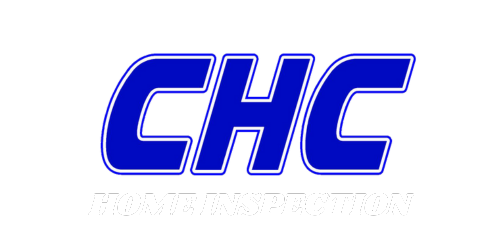Urban vs. Rural Challenges: Septic and Sewer Inspection
Whether your home has a septic tank, or if you use a municipal sewer system, regular inspections and maintenance are necessary to maintaining a healthy home. Urban and rural waste disposal systems present unique challenges for each homeowner, and our team at CHC Home Inspection is discussing them today so that you can make the right choice when it comes to maintaining your current home or when buying a new space.
Sewer vs. Septic: What’s The Difference?
The difference between a sewer and a septic system is that a septic system treats your wastewater onsite, and you must pay to install and maintain it. A sewer sends your waste away to a centralized treatment plant. You pay for its maintenance and operation via your local government through your tax dollars rather than paying for it directly.
Septic Maintenance
The Kentucky Onsite Wastewater Association, Inc. (K.O.W.A) is an authority on the state's regulatory and maintenance requirements for septic tanks. The organization suggests having an annual inspection and pumping your tank every three to five years.
Sewer lines should have an assessment biannually, including cleaning with high-pressure water jets. Both septic and sewer systems will function more efficiently and last longer if you only flush human waste and toilet paper.
Watch our Facebook video below to see an example of our septic tank inspection in action!
Sewer Lines
Since sewer systems are maintained by the town or city where you live, you may think you don’t have to worry about the lines that run from your house to the sewer. The truth is that maintaining the line from your home to the municipal system is your responsibility. If you’re unsure whether you need a sewer line inspection, consider these factors:
The age of the property: If your home was built in the early 1900s, it likely has older plumbing like vitrified clay pipes. These pipes have more than outlived their usefulness and are likely to be cracked, collapsed, or have tree roots in them, which can easily cause a blockage and should be replaced with a more durable and long-lasting solution like PVC.
The distance between your house and the street: Even if your home is newer, the more distance between its location and its connection to the sewer system, the higher the likelihood that soil has settled on your line. The settlement of sediment can cause pipes to become offset or break underground and an inspection can scope for breaks in the line.
If you have large trees in your yard, there’s the possibility that their roots have impacted your sewer line as the tree has grown.
Life Expectancy of Septic Tanks & Sewer Lines
If your home has a septic tank, you can expect it to last 20-40 years with proper maintenance. Homes that utilize a municipal sewer system must only replace the lines every 60-100 years. That’s a significant difference and something to consider when deciding if you want a property with a septic tank.
Septic Tank Inspections in Kentucky
CHC Home Inspection is the area’s leading home inspection company. Our team of licensed inspectors has the experience and knowledge necessary to perform various inspections, including residential, commercial, termite, and more. We believe in supporting other local businesses and offer exclusive program benefits for real estate professionals.
Call us today at 1-800-975-0275 to schedule an inspection or request a budget repair estimate. We have two convenient locations in Lexington and Louisville, KY, and are happy to serve all of Kentucky, including Lexington, Louisville, Liberty, Somerset, Georgetown, and Nicholasville.


